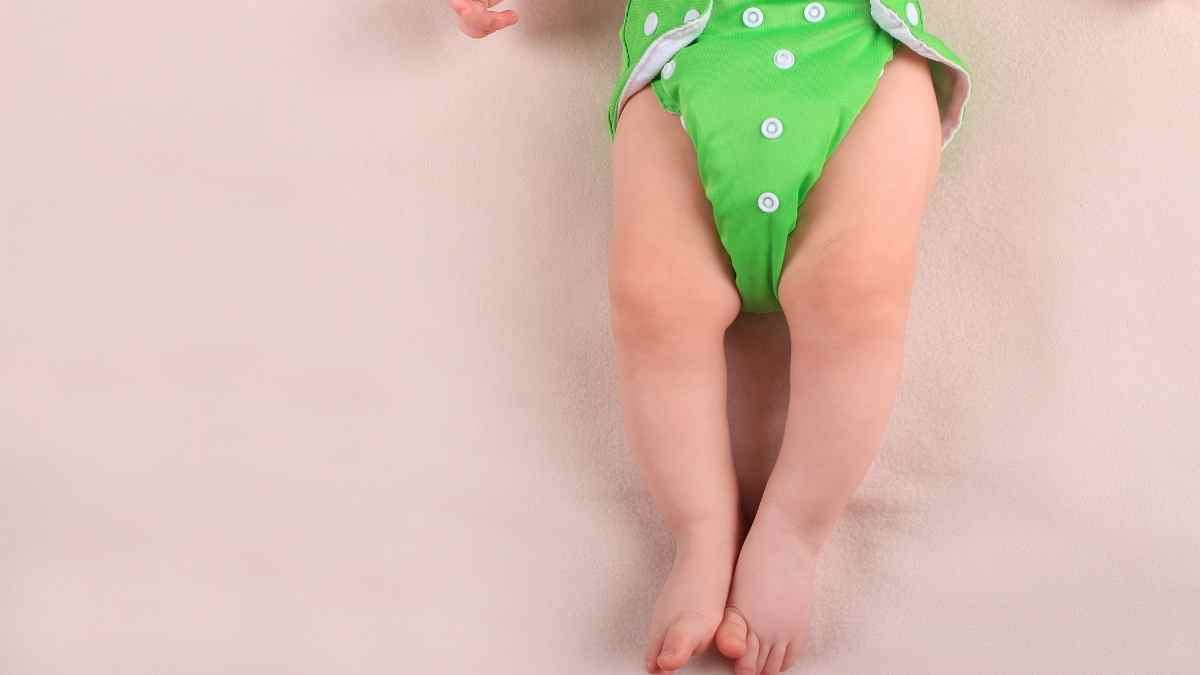What if I told you that you could raise a baby and generate little to no waste?
Amazing, right?
Raising a zero-waste baby is not as difficult as you think.
A fact that cannot be defined is that raising a child generates great waste. A report from the guardian says raising a baby generates the equivalent of 58 tons of carbon dioxide yearly.
Still, you can raise your baby sustainably by minimizing waste, reusing items, encouraging sustainable products, and shunning buying things unless necessary. You even get to spend less.
So, here are some zero-waste product ideas for you if you have just welcomed (or you’re expecting) a little human and you’re looking for ways to raise it following the zero-waste lifestyle.
10 zero-waste baby products
Besides reducing the environmental impact of your baby, using these zero-waste baby products will help you save money. In other words, you’re contributing your part to saving the planet, and you’re saving yourself some bucks in the process.
Here are some zero-waste baby products you should consider:
-
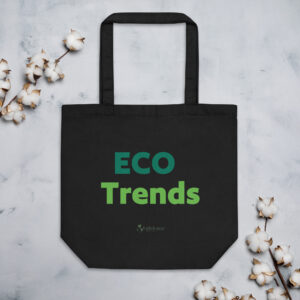
Fashionably Green and On-The-Go
£16.50 Select options This product has multiple variants. The options may be chosen on the product page -
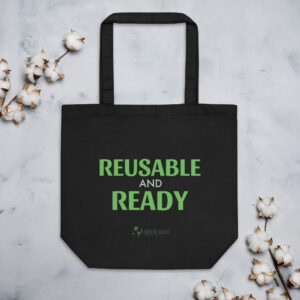
Reusable and Ready Eco-Friendly Tote Bag
£16.50 Add to cart
Cloth diapers or biodegradable nappies
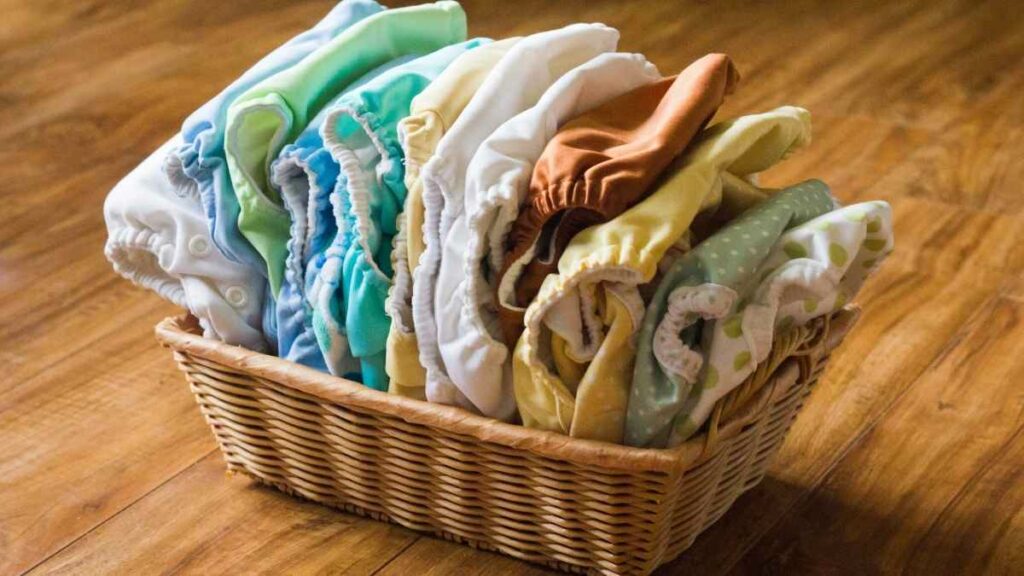
You cannot raise a baby without using diapers – lots of them. And seeing how often you’ll have to change them, you can expect to use as many as 300 diapers in the first month alone. When added on a larger scale, this number is quite a lot.
Now, here’s the problem: most conventional diapers are non-biodegradable. Thus, the millions of tonnes of diapers sent to landfills yearly create a waste problem and potential health hazards.
So, why should you not abandon traditional diapers and go for reusable diapers?
Using cloth nappies is more stressful than disposable diapers, no doubt, yet, using cloth diapers is one of the best ways to reduce waste generation significantly.
You may just have to learn how to wash cloth diapers. Alternatively, you may consider biodegradable nappies for the first few weeks while you get accustomed to cloth diapers.
Washcloths or eco-friendly baby wipes
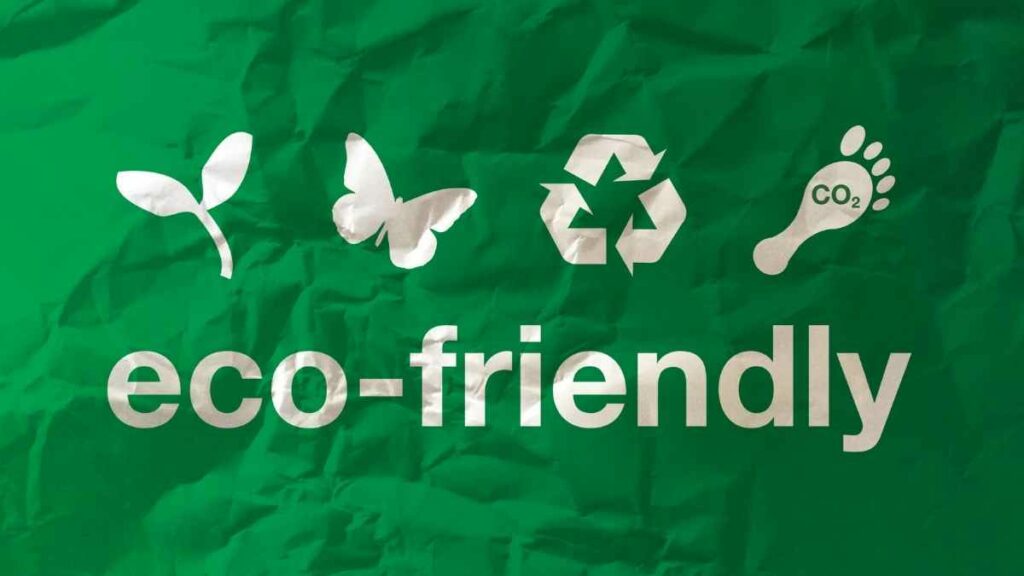
Another zero-waste baby product you can consider is a washcloth rather than traditional baby wipes. “Why?” you ask. Because while most baby wipes are said to be flushable, about 90% of them are plastic and wet wipes are part of what makes up fatbergs.
A fatberg is a rock-like mass of waste materials in a sewer system and is formed by the combination of flushed non-biodegradable solids. Consequently, wet wipes are responsible for 93% of sewer blockage incidents in the UK.
That’s not all; these wet wipes, even when disposed of properly, always seem to find their way into oceans, where sea creatures often consume them. This leads to the death of several sea creatures.
Moreover, some wipes contain certain toxic chemicals that can put your baby at risk. So, to avoid this risk and also do your part in saving our planet, you can use reusable washcloths.
Natural & organic baby skincare products
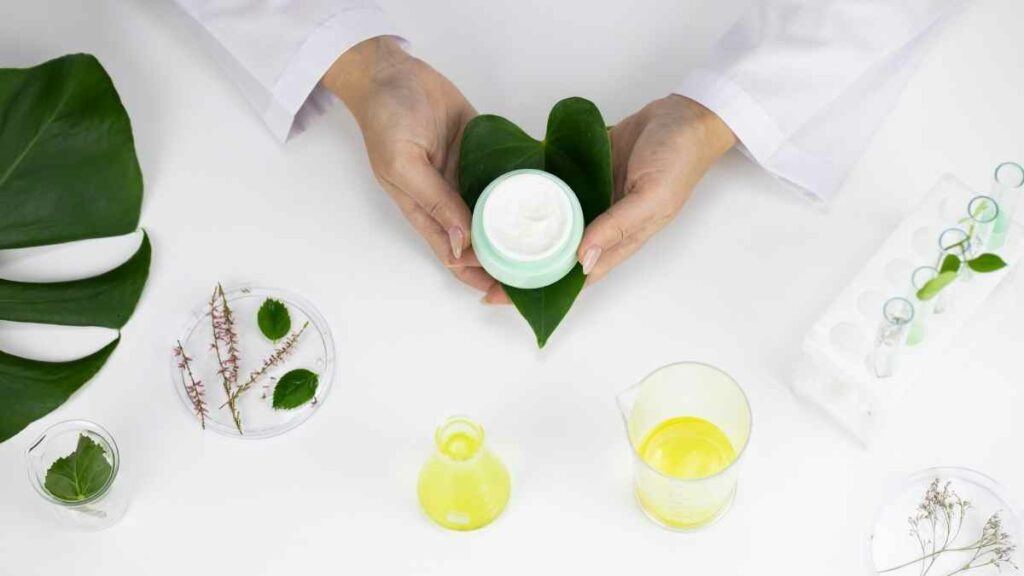
A baby’s sensitive skin usually needs help to stay moist to prevent diaper rash and other skin irritations. Conveniently, you have several natural skincare products that you can try out. You can make some of them using coconut oil or other ingredients.
Likewise, you can purchase organic baby skincare products like diaper cream, sunscreen, etc., from any brand. Just ensure you purchase at a ‘package-free’ local store around you. Zero waste is also plastic-free, remember?
Washable or compostable nursing pads
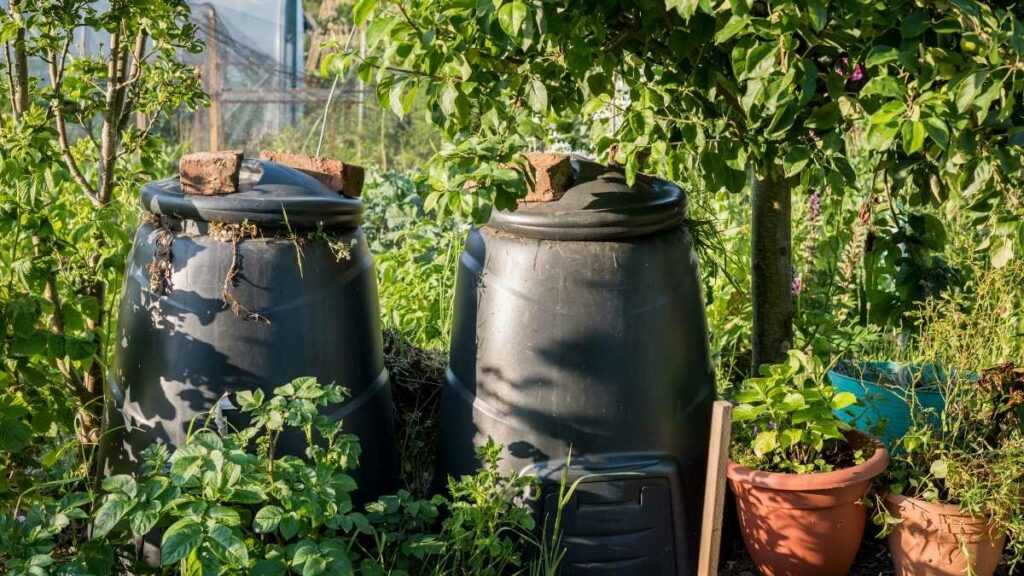
Breastfeeding your child is great, but a common issue lactating mothers have to deal with is breast milk leaks. Nursing pads help reduce this waste.
So, as a breastfeeding mother, you can make your nursing pads from cotton flannel or fleece scraps. Conversely, you can purchase compostable, one-time-use nursing pads or reusable ones.
Organic baby shampoo
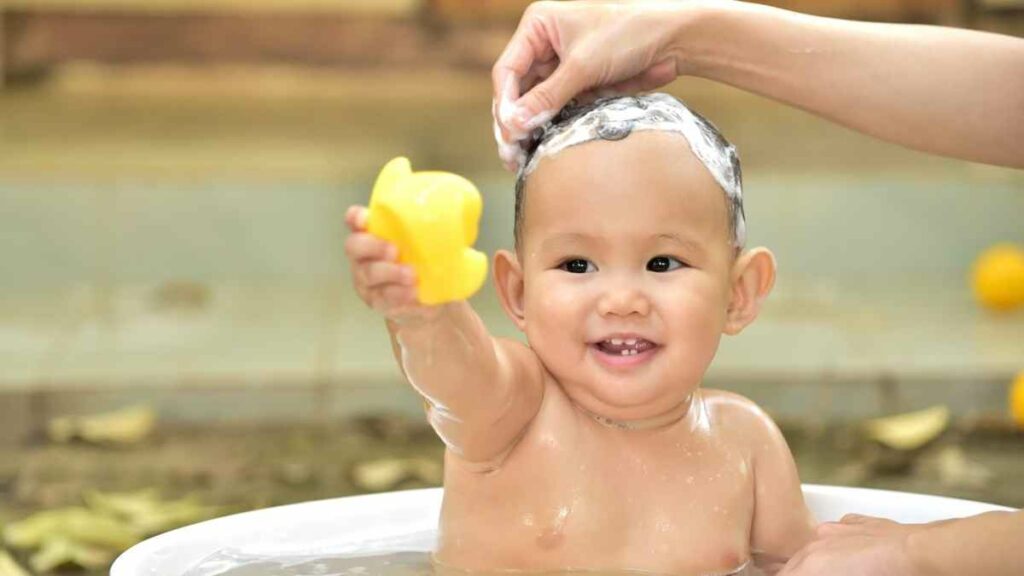
Since a baby does not have much hair, you may not have to worry so much about baby shampoos. However, castile soap works just fine for taking care of the first few tufts of baby hair if you like to wash your baby’s hair.
And if you have to purchase baby shampoos, ensure you get ones that are organic and come with less packaging.
Eco-friendly or recyclable toys (zero-waste baby toys)
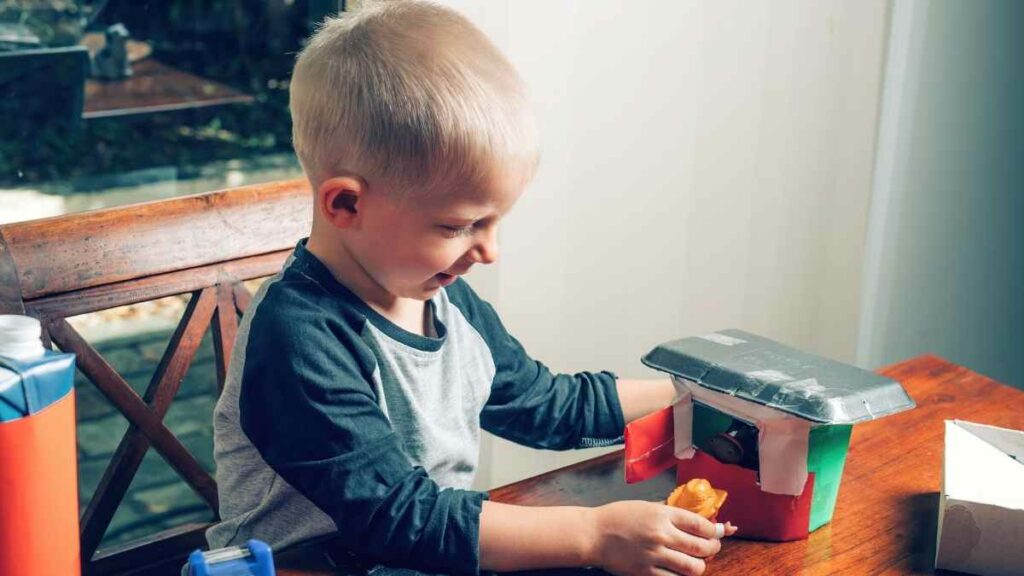
Most baby toys out there are plastic and, as such, do not degrade easily. Thus, they also contribute to the increasing plastic waste of baby toys littering our planet, as most of them get discarded or broken without recycling.
The solution? Eco-friendly or recycled toys.
You can purchase eco-friendly toys from wood, silicone, rubber, organic wool, etc. Likewise, you can get toys from recycled toy brands. These recycled toy brands manufacture their toys from recycled materials alone. All of these make great alternatives to plastic toys.
Stainless steel baby bottles
Stainless steel bottles are the best zero-waste baby bottles you can use. For one, they’re more durable, so you don’t have to worry about changing the bottles anytime soon.
Two, they are recyclable when you’re done with them. Hence, you can be confident that it won’t be added to the already-filled landfill waste.
Sustainable baby clothes
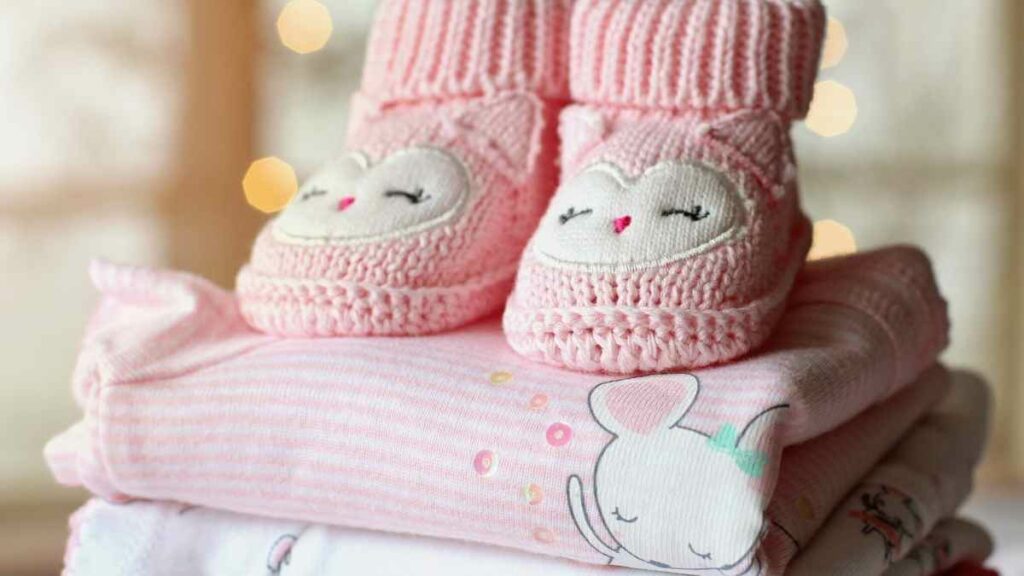
Babies grow rapidly: so why should you buy new clothes when they wouldn’t fit in a few months?
Instead of buying new clothes, you can get your baby’s clothes from a local thrift store. Doing this will help reduce the number of baby clothes sent to landfills yearly.
Nonetheless, if you’re keen on getting your baby new clothes, get them from sustainable or organic clothing brands.
Organic baby soap
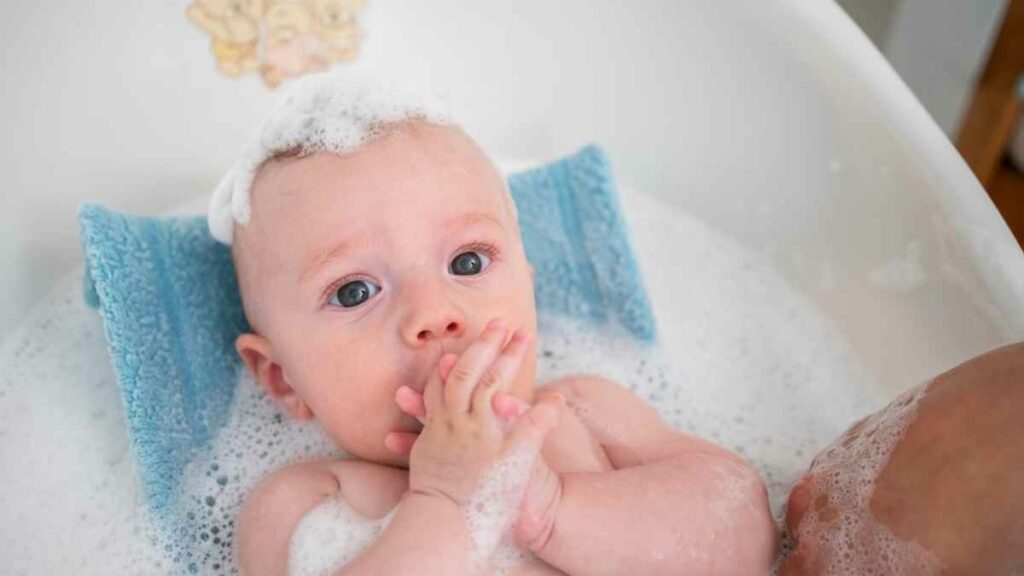
When choosing a soap for your baby, bar soaps are recommended because they come without packaging or wrapping. In other words, they’re plastic-free.
Beyond bar soap, the soap should also be organic, made from natural olive and essential oils, which are safe for the baby’s skin.
Bamboo tools
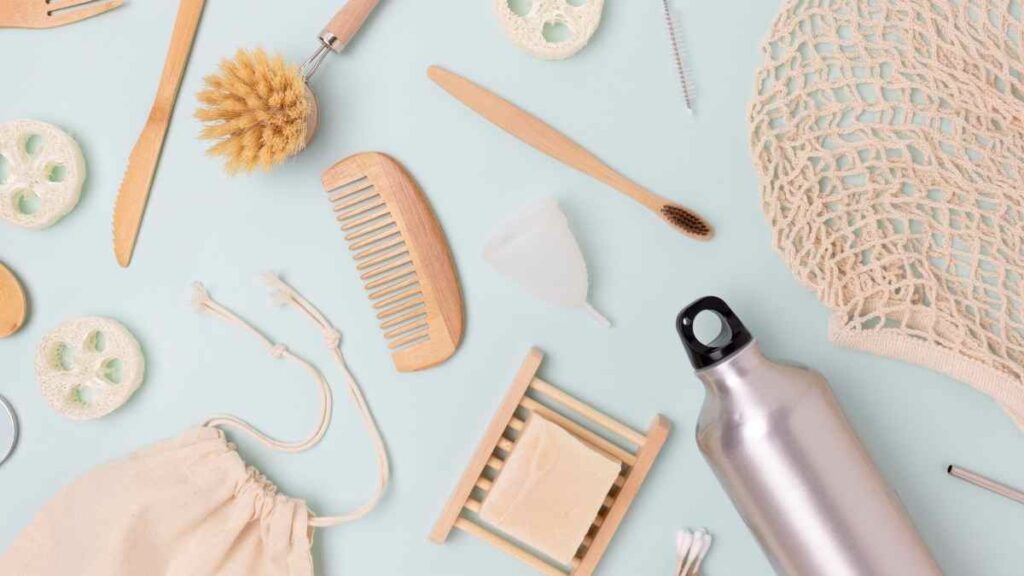
Generally, most baby utensils are plastic; however, bamboo is a great biodegradable, zero-waste alternative. You can have bamboo spoons, plates, and forks.
You can even get bamboo toothbrushes when your baby starts having teeth.
4 Fundamental principles of zero waste living
You now know some ways to raise your baby following zero-waste living. But, as you have already noticed, the list can not be exhausted. This is because you can devise more and more zero-waste products; it all depends on how creative you are.
However, here are some underlying principles of the zero-waste lifestyle:
Do not buy unless it is necessary.
Try to reuse items as much as you can. Don’t buy things you won’t need often or things you can do without. You should get, borrow, rent, or get second-hand items instead.
When buying, think long-term
Buy items that’ll serve you long-term. You may not even buy an item unless you need it long-term, especially If you expect more kids.
Get durable items that can be handed down to younger kids and sold to thrift stores afterward.
Think sustainable items first
Whenever you have to buy an item, endeavor to get them from sustainable brands. I,.e, products that reduce the carbon footprint and waste generation.
Avoid wastage; especially food waste
Every mother knows that when raising babies, food wastage is inevitable. Still, you should endeavor to avoid/reduce food wastage as much as possible by reusing and repurposing leftover food items.
And when you feed your kids, start with small portions. That way, you can minimize the waste, even if they pour it all away after you’ve given them.
One last thing: beware of greenwashing
Most so-called eco-friendly companies are not eco-friendly. What they do is greenwashing. They represent their companies, brands, and products as more environmentally sound than they are.
So, if you find products/items claiming to be eco-friendly, organic, or sustainable, endeavor to do your research to be certain that they are indeed eco-friendly.
Also, if you can, breastfeed as much as possible or make your own baby food. Lastly, you can create a zero-waste baby registry so that family and friends know exactly what to get you.
I hope this article has been able to give you some ideas on how to raise a baby sustainably.
Good luck!

